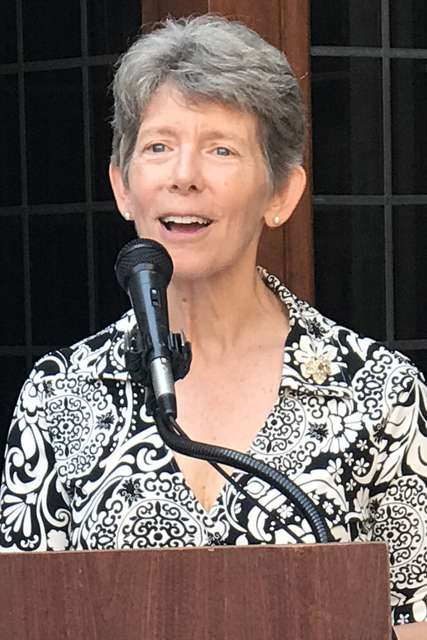Student Session
Mind, Body, Breath: The Use of Qigong in the Applied Vocal Studio
Presenter: Jennifer Alison Cable
The term “mindfulness” is frequently referenced in higher education, reflecting the concerted efforts of numerous campuses in forging a culture of personal awareness and wellness in college aged adults. This paper will introduce several practices which can assist students in their mindfulness journey, highlighting what can be done to help our students concentrate with greater clarity, increase self-compassion, and reduce stress levels. Embodied meditation through Qigong, one of the main branches of Traditional Chinese Medicine, will be examined, as just a few minutes of daily Qigong practice can increase energy and focus, benefiting both studio work and rehearsal sessions. Qigong can also be used to help reduce the sometimes crippling symptoms of stage fright. In addition, we will explore how still meditation, with attentiveness to the regulation of breath, can benefit our students’ self-awareness and emotional control.
About Jennifer Alison Cable
 Jennifer Cable earned her D.M.A. and M.M. degrees from the Eastman School of Music in Rochester, NY, and her B.M. degree from Oberlin College. Her published essays examine English secular song, including Henry Carey’s treatment of political satire, mad songs of the early eighteenth-century, burlesque cantatas of the eighteenth-century and the development of the eighteenth-century English cantata. Her current research considers two distinctly different areas of study: first, the role of women amateur musicians on early twentieth-century American arts culture, and second, the positive impact of Traditional Chinese Medicine pillar Qigong on freeing the voice. Cable is a Professor of Music at the University of Richmond, Richmond, Virginia, where she coordinates the Vocal Studies Program. A Qigong instructor, Cable trained with Qigong Master Teacher Aihan Kuhn, C.M.D. Cable is also working toward teacher certification in the Koru Mindfulness program.
Jennifer Cable earned her D.M.A. and M.M. degrees from the Eastman School of Music in Rochester, NY, and her B.M. degree from Oberlin College. Her published essays examine English secular song, including Henry Carey’s treatment of political satire, mad songs of the early eighteenth-century, burlesque cantatas of the eighteenth-century and the development of the eighteenth-century English cantata. Her current research considers two distinctly different areas of study: first, the role of women amateur musicians on early twentieth-century American arts culture, and second, the positive impact of Traditional Chinese Medicine pillar Qigong on freeing the voice. Cable is a Professor of Music at the University of Richmond, Richmond, Virginia, where she coordinates the Vocal Studies Program. A Qigong instructor, Cable trained with Qigong Master Teacher Aihan Kuhn, C.M.D. Cable is also working toward teacher certification in the Koru Mindfulness program.
